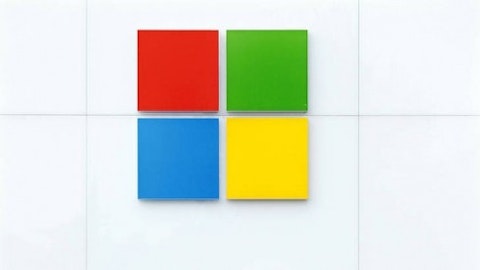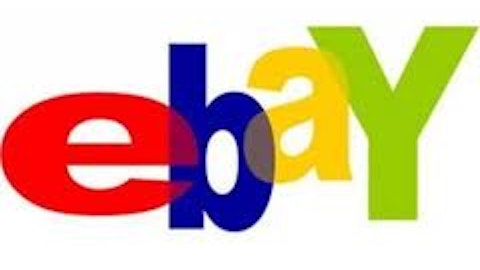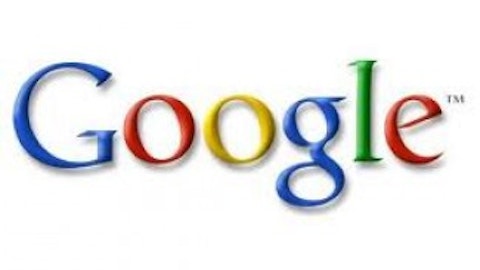Google has a way of not seeming to control its own technology. Android and Chrome are hugely successful hardware brands, but Google doesn’t own them; they’re open source, and thus Google doesn’t profit from them. In fact, Microsoft may make more money from Android phones than Google does, its lawyers having convinced phone makers it’s cheaper to pay it a per-unit “licensing fee” than fight it.
Google also tends to manage its money like a Silicon Valley company, like Apple. It sees money as time, time that in a trough it can invest to see to the next hill. It currently shows $48 billion on its books as cash, and may have much more stashed away overseas. This sounds great until it doesn’t sound great, and what happened to Apple can easily happen to Google, should its image be tarnished even a little.
One Fool’s Take
Both Amazon and Google are priced to perfection. Investors expect Amazon to grow its top-line unrealistically, and they expect Google to be able to maintain margins near 25% while it, too, grows its top-line at an ever-accelerating rate.
I own shares in Google, but sold my shares in Amazon when it was priced at $230, much lower than it is today. I would love to find a new entry point, but when Google went past $800 I lightened my holdings there.
Because both of these companies have such great long-term prospects, I don’t think I’m alone in waiting for an entry point, which is one reason they continue to fly above the cloud. So I’m growing increasingly cautious, having learned a lesson with Apple that adding to a position through losses can just lead to a losing position.
Both these companies attract considerable short interest. Short interest in Google peaked in November, with almost 2% of its outstanding shares held short. That’s nearly as short as investors currently are in Amazon, but short interest there peaked last May, when nearly 3% of shares were held short. Short interest is a contrary indicator – companies tend to rise against large short interests, unless the shorts are correct about the fundamentals.
Falling short interest tells me that buying opportunities are getting closer. At its current price of $276, Amazon stock costs you more than $2 for each $1 in sales. Even if you value AWS at $19 billion, as Macquarie does, and estimate cloud revenues of $4 billion, you’re still paying nearly $2 for each $1 in Amazon retail sales. A more reasonable figure, even with more revenue going to cloud, would be $1.50 for each $1 in sales, yielding a target price of $207.
Google’s current earnings multiple of nearly 26 is just as unsustainable. Take it down to its historic level of 20 and you get a target price of about $670, which also seems reasonable.
Will you be able to get in at either price without a disaster hitting either company? Look at what happened to Apple–its earnings multiple is now below 10. So you don’t have to have a fundamental change in business for this kind of collapse to happen – just a collapse in confidence.
I retain my confidence in both these companies, just not at these price levels.
The article Will Google Or Amazon Crack First? originally appeared on Fool.com and is written by Dana Blankenhorn.
Copyright © 1995 – 2013 The Motley Fool, LLC. All rights reserved. The Motley Fool has a disclosure policy.




